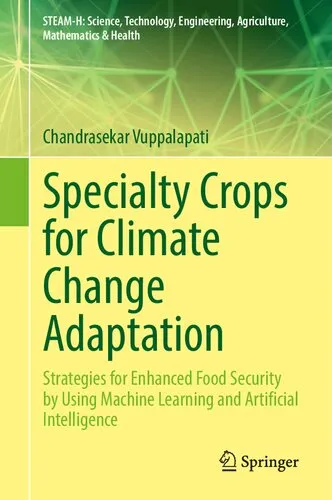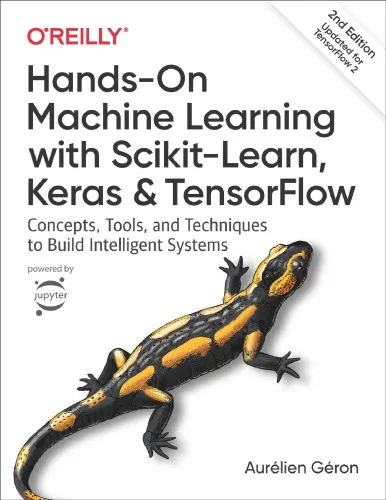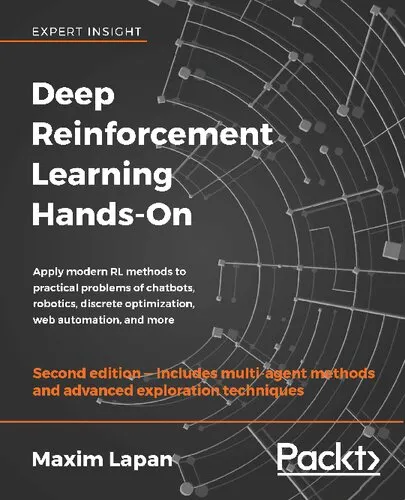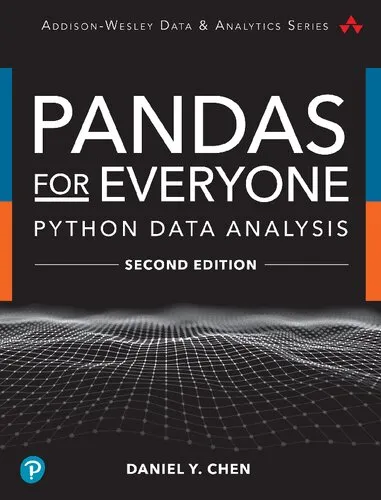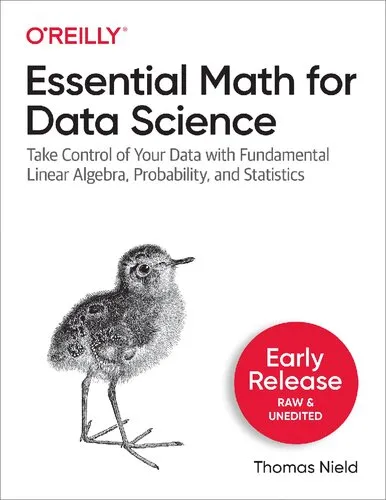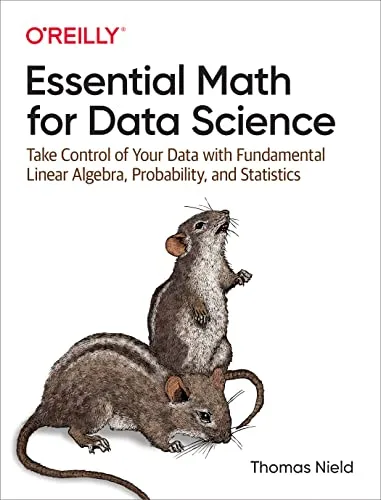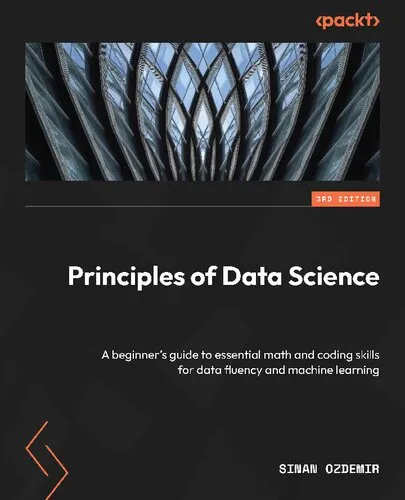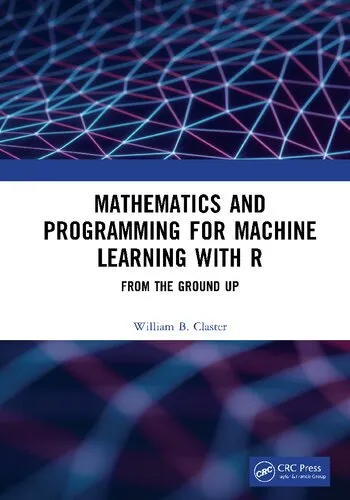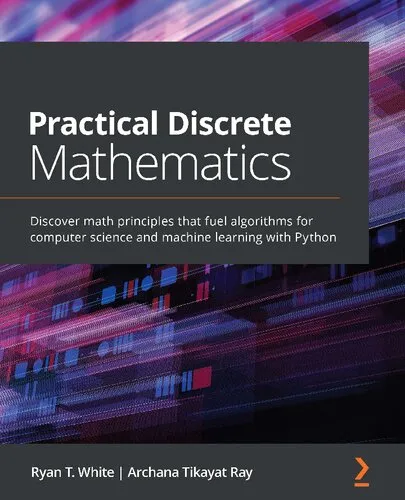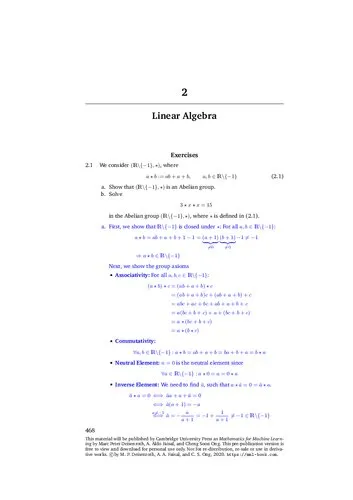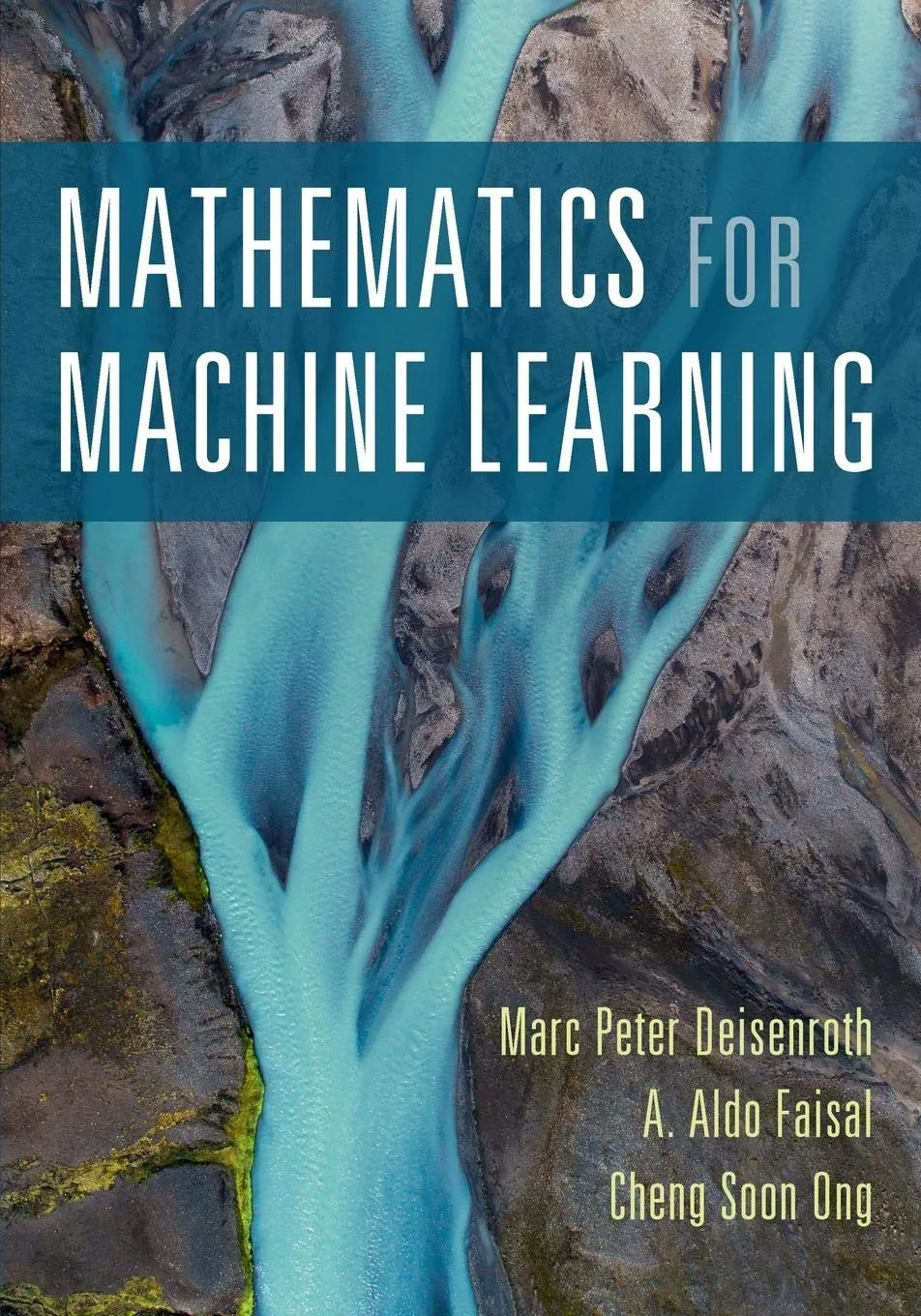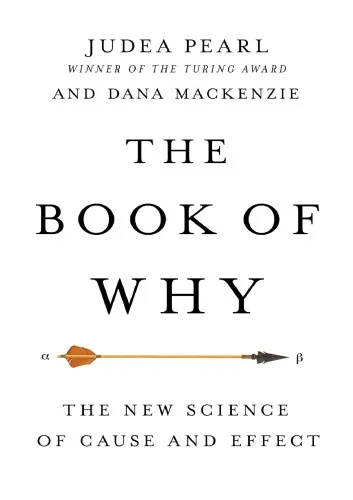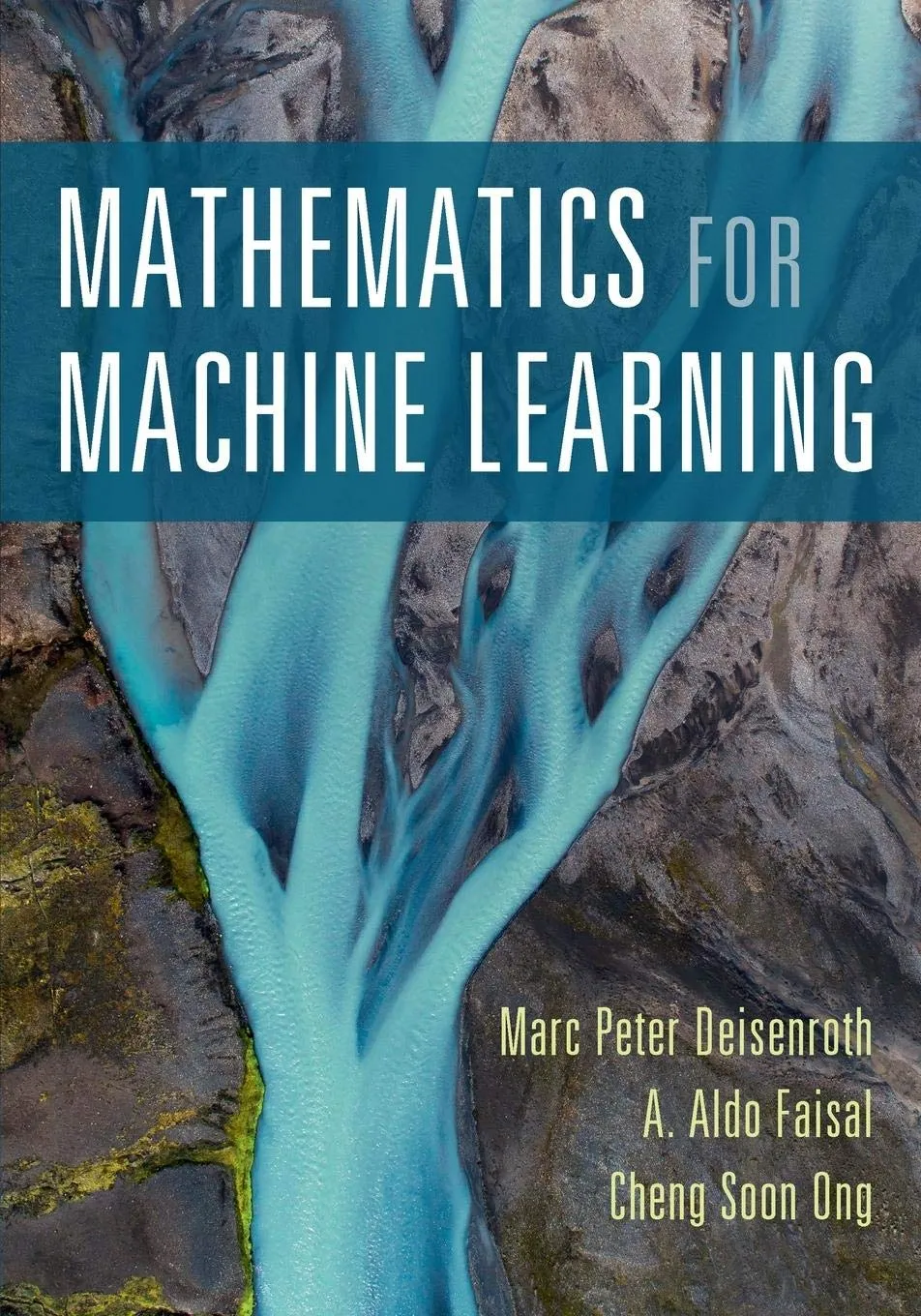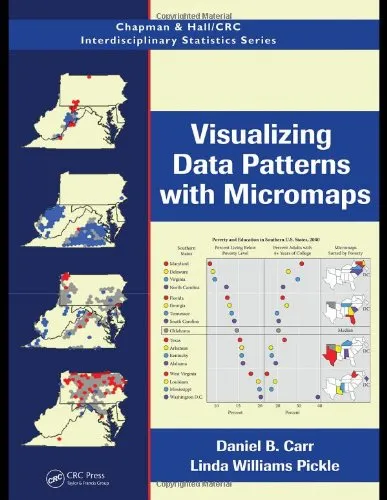Specialty Crops for Climate Change Adaptation: Strategies for Enhanced Food Security by Using Machine Learning and Artificial Intelligence (STEAM-H: ... Agriculture, Mathematics & Health)
4.4
Reviews from our users

You Can Ask your questions from this book's AI after Login
Each download or ask from book AI costs 2 points. To earn more free points, please visit the Points Guide Page and complete some valuable actions.Related Refrences:
Introduction to Specialty Crops for Climate Change Adaptation
In an era where climate change poses unprecedented challenges to global agriculture, the need for innovative and sustainable solutions has never been more critical. "Specialty Crops for Climate Change Adaptation: Strategies for Enhanced Food Security by Using Machine Learning and Artificial Intelligence" serves as a beacon of knowledge at the intersection of agriculture, technology, and environmental science. This book explores the potential of specialty crops in adapting to climatic shifts and underscores how artificial intelligence and machine learning can revolutionize sustainable agricultural practices.
Detailed Summary of the Book
At its core, this book delves into how specialty crops—those that are less widely cultivated but have high economic and nutritional value—can be leveraged for greater food security in the face of climate change. Specialty crops such as quinoa, amaranth, and certain indigenous fruits are explored as viable alternatives due to their resilience and adaptability to changing climatic conditions.
The book is divided into several strategic sections. Initially, it addresses the current state of global agriculture, spotlighting the threats posed by climate change. Following this, it introduces the concept of specialty crops, detailing their unique properties and potential benefits. The narrative then transitions into an exploration of machine learning and artificial intelligence as transformative tools. By offering insights into data-driven solutions, predictive analytics, and precision agriculture, the book presents a roadmap for integrating these technologies into everyday agricultural practices.
Beyond theory, the book provides practical case studies and real-world examples where machine learning and AI have successfully improved crop yields, optimized resource utilization, and minimized agricultural waste. The ultimate goal is to present an interdisciplinary approach that combines traditional agricultural wisdom with cutting-edge technology to foster innovation and resilience in the agricultural sector.
Key Takeaways
- The importance of specialty crops in building a resilient agricultural system capable of withstanding climate change impacts.
- How machine learning and artificial intelligence can be harnessed to improve crop management, increase productivity, and enhance sustainability.
- Strategic frameworks for integrating technological innovations into agricultural supply chains.
- Insights into the socio-economic and environmental benefits of adopting specialty crops.
- Understanding the role of data in driving decision-making processes for farmers and stakeholders.
Famous Quotes from the Book
"In the face of changing climates, our greatest ally is diversification; nurturing crops that not only survive but thrive under duress."
"Artificial Intelligence is not here to replace the farmer, but to empower and equip them with insights previously unimaginable, rendering the impossible, possible."
Why This Book Matters
The significance of this book extends beyond its academic and theoretical contributions. It provides actionable insights and strategies that can be implemented by policymakers, researchers, agribusinesses, and farmers alike. As climate change continues to redefine environmental and economic landscapes, the need to adapt is more than an option; it's a necessity.
The interdisciplinary approach of combining computational technology with agriculture ensures that this work stands at the forefront of innovation. By emphasizing the role of machine learning and AI, the book pushes the boundaries of traditional farming, paving the way for a more sustainable and secure future for food production worldwide.
Ultimately, the book addresses a global audience, aiming to inspire change and foster collaboration across sectors to tackle one of the 21st century's most pressing issues. Through knowledge sharing and the promotion of adaptive practices, it champions a paradigm shift towards resilient and innovative agriculture.
Free Direct Download
You Can Download this book after Login
Accessing books through legal platforms and public libraries not only supports the rights of authors and publishers but also contributes to the sustainability of reading culture. Before downloading, please take a moment to consider these options.
Find this book on other platforms:
WorldCat helps you find books in libraries worldwide.
See ratings, reviews, and discussions on Goodreads.
Find and buy rare or used books on AbeBooks.
1386
بازدید4.4
امتیاز0
نظر98%
رضایتReviews:
4.4
Based on 0 users review
Questions & Answers
Ask questions about this book or help others by answering
No questions yet. Be the first to ask!
